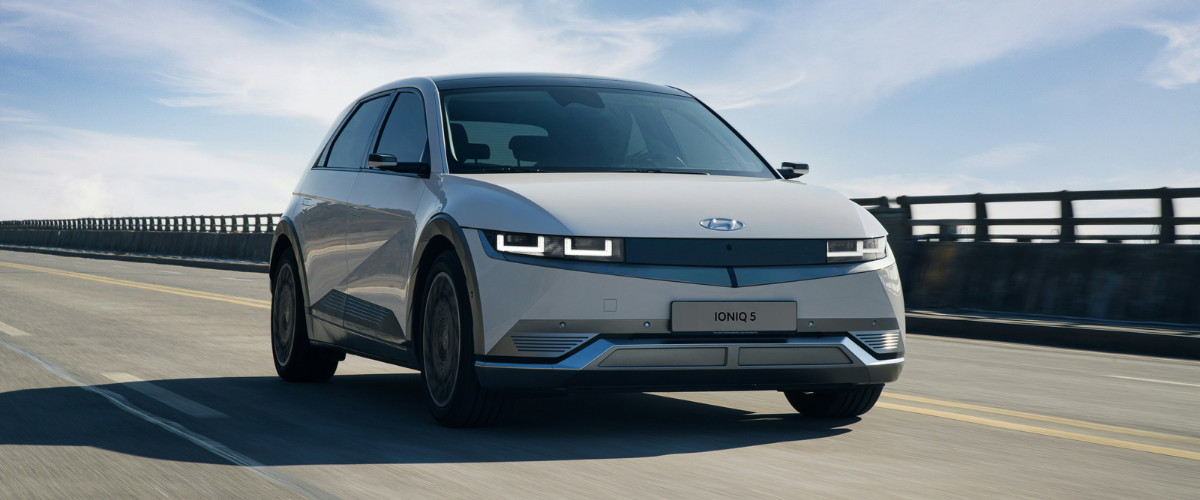Electric cars have been making headlines worldwide, and India is no exception. While some might view them as a fleeting trend fueled by environmental activism and government policies, the reality is far more substantial. Electric vehicles (EVs) are not just a temporary shift; they represent a fundamental transformation in the way we think about mobility, energy consumption, and sustainability. This article explores why electric cars are more than just a passing fad, especially in the Indian context.
Environmental Imperatives: The Need for Clean Mobility
India’s urban centers are grappling with severe air pollution, with vehicular emissions being one of the primary contributors. Traditional internal combustion engine (ICE) vehicles release a significant amount of carbon dioxide, nitrogen oxides, and particulate matter, all of which degrade air quality. Electric cars, on the other hand, offer a clean and sustainable alternative. By eliminating tailpipe emissions, they reduce urban pollution and contribute to a healthier living environment.
Moreover, India has committed to reducing its carbon footprint as part of global climate agreements. The transition to electric vehicles is a key strategy to achieve these targets. As renewable energy sources like solar and wind become more integrated into the grid, the environmental benefits of EVs will only increase. This alignment with sustainable development goals ensures that electric cars are here to stay.
Technological Advancements: Beyond Traditional Mobility
Electric cars are not just about swapping fuel for electricity; they embody a technological revolution. Modern EVs are equipped with advanced features like regenerative braking, smart battery management, and real-time data connectivity. These innovations make EVs not only more energy-efficient but also smarter and more interactive.
Battery technology, in particular, has seen significant improvements, with lithium-ion and solid-state batteries offering longer ranges and faster charging. Automakers are focusing on integrating AI-driven systems that monitor battery health, optimize energy consumption, and enhance vehicle safety. Such advancements make electric cars a more appealing and futuristic option compared to traditional ICE vehicles.
Economic Sustainability: Cost-Effective in the Long Run
A common misconception about electric cars is that they are inherently more expensive than their fuel-based counterparts. While the initial purchase price may be higher, the long-term savings are substantial. Electric cars have fewer moving parts, resulting in lower maintenance costs. Additionally, the cost per kilometer for electric vehicles is significantly lower compared to petrol or diesel cars.
In India, where fuel prices continue to rise, the economic appeal of electric cars becomes more evident. The government’s incentives, including reduced GST rates and subsidies, further bridge the cost gap. As battery manufacturing becomes localized and technology matures, the upfront cost of electric cars is expected to decrease, making them even more accessible to the average Indian consumer.
Growing Infrastructure: A Sign of Long-Term Commitment
Skeptics often point to the lack of charging infrastructure as a barrier to EV adoption. However, India is rapidly developing its EV ecosystem, with charging stations appearing in metropolitan areas, highways, and even residential complexes. Public and private partnerships are fostering this growth, demonstrating a commitment to making electric mobility mainstream.
Moreover, the rise of home charging solutions and portable chargers is addressing range anxiety among users. As battery technology evolves and fast-charging networks expand, the convenience of using electric cars will continue to improve. This infrastructural development is a clear indicator that EVs are not just a trend but a fundamental shift in transportation.
Shifting Consumer Mindset: Embracing the Future
Initially, Indian consumers were hesitant to adopt electric cars due to concerns about range, reliability, and resale value. However, as more models become available and success stories emerge, perceptions are changing. The increasing number of electric taxis and ride-sharing options is also familiarizing the public with EV technology.
Automakers are investing in educating consumers about the benefits of electric mobility. Campaigns highlighting lower running costs, reduced maintenance, and the environmental advantages are resonating with urban and semi-urban populations. As awareness grows, electric cars are increasingly seen not just as eco-friendly alternatives but as practical, future-proof investments.
The Road Ahead: A Permanent Shift
Electric cars are more than just a response to environmental concerns; they represent a paradigm shift in the automotive industry. As India moves towards sustainable urban planning and green transportation policies, EVs will play a crucial role in shaping the future of mobility. The increasing commitment of automakers, consumers, and policymakers underscores the fact that electric cars are here to stay.
In conclusion, electric cars are not just a fleeting trend but a transformative force. With advancements in technology, supportive government policies, and changing consumer attitudes, the future of electric mobility in India looks bright. As the country embraces this change, electric cars are set to become a common sight on Indian roads, symbolizing a move towards a cleaner, more sustainable future.

